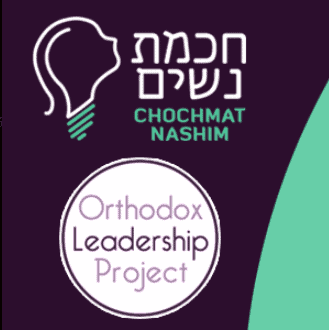What dictates our moral actions? Is the summum bonum of our morality confined to the extrinsic command of a higher authority or do we possess an inner conscience that lends our actions a life of their own? Does religion surrender to an external voice or an inner one? Is our generation — the bearers and interpreters of the Oral Law — “greater” than the generation that stood at the foot of Mount Sinai, listening to the awesome and unambiguous command of God? Is the ideal to supress our moral intuition in favour of submission to a “higher” rabbinic or divine authority? Are we creatures of submission or autonomy, assent or protest, command or conscience?
The narrative of the Akedah exposes us to the dichotomy of religious living and the challenge of literary interpretation:
It needs rigorous unadulterated total analysis. It must be fought and grappled with, challenged, expounded and explicated.
It requires total silence. Not a word said, not an opinion voiced, just pure submission and silence. The only response: “הנני” — I am here.

